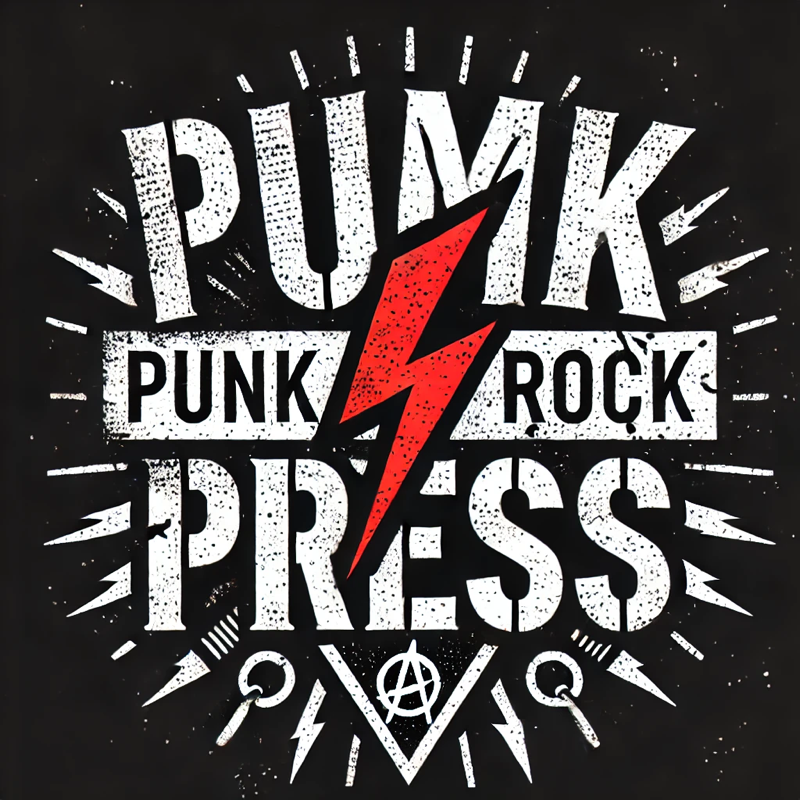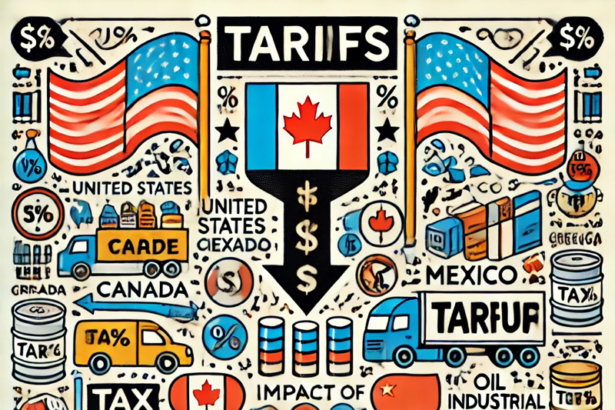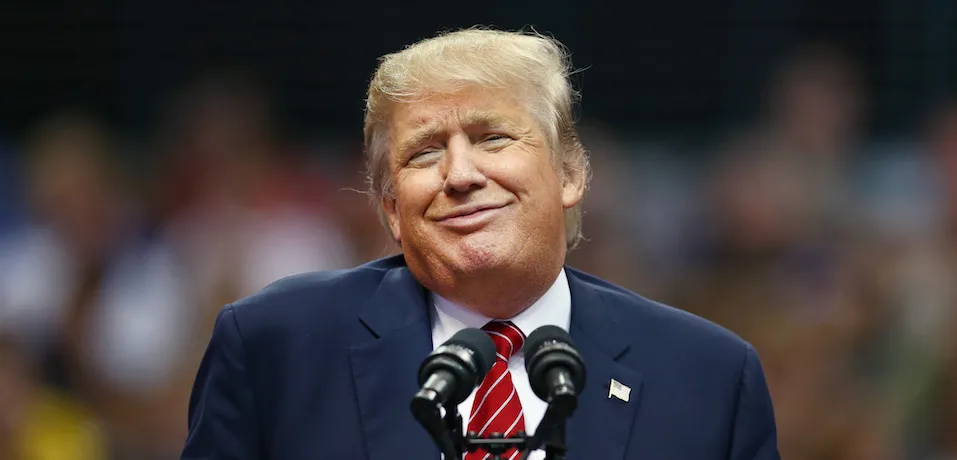A New York judge has scheduled President-elect Donald Trump’s sentencing in his hush-money case for January 10, less than two weeks before his inauguration as the 47th President of the United States.
Justice Juan Merchan announced that Trump would receive an “unconditional discharge,” meaning no jail time, probation, or fines. The president-elect may choose to attend the sentencing in person or virtually.
Trump Denounces Sentencing as “Rigged Charade”
Following the ruling, Trump took to Truth Social to call the case a “rigged charade” and an “illegitimate political attack.” His spokesperson, Steven Cheung, echoed this sentiment, describing the case as part of a long-standing “witch hunt.”
“President Trump must be allowed to carry out the duties of the presidency without being obstructed by these baseless hoaxes,” said Cheung.
Trump’s legal team had previously sought to dismiss the case, citing his presidential victory and concerns over its impact on his ability to govern effectively.
Background on the Case
Trump was convicted in May on 34 felony counts of falsifying business records related to a $130,000 payment to adult-film star Stormy Daniels. The payment, funneled through Trump’s former attorney Michael Cohen during the final days of the 2016 election, was allegedly intended to keep Daniels silent about an alleged affair with Trump—a claim he has consistently denied.
While falsifying business records in New York is punishable by up to four years in prison, Justice Merchan clarified that incarceration was not on the table. The decision to impose an unconditional discharge instead reflects Trump’s age, legal record, and current role as president-elect.
Legal and Political Ramifications
This case marks Trump as the first convicted felon to serve as President of the United States. His legal team argued that the conviction could hinder his ability to govern, but Justice Merchan rejected calls to overturn the jury’s verdict. Instead, the judge considered options like delaying sentencing until Trump’s presidency ends in 2029.
Trump’s conviction stems from one of four ongoing criminal cases against him. He is also facing charges related to:
1. Classified documents retained after leaving office.
2. Alleged efforts to overturn the results of the 2020 election.
3. Federal and state indictments tied to his actions on January 6, 2021.
Despite these legal battles, Trump has maintained his innocence, labeling all cases against him as politically motivated attempts to undermine his presidency and campaign.
What’s Next for Trump
Trump’s legal team is expected to appeal the hush-money conviction after sentencing. While the case has drawn significant attention, legal experts have long predicted that prison time was unlikely due to Trump’s age and political status.
The sentencing date was originally scheduled for November 26 but was postponed following Trump’s electoral victory. Now, as he prepares to take office, the spotlight remains on the unprecedented intersection of his legal troubles and political career.
Stay tuned for further updates on this historic case and its implications for the presidency.







